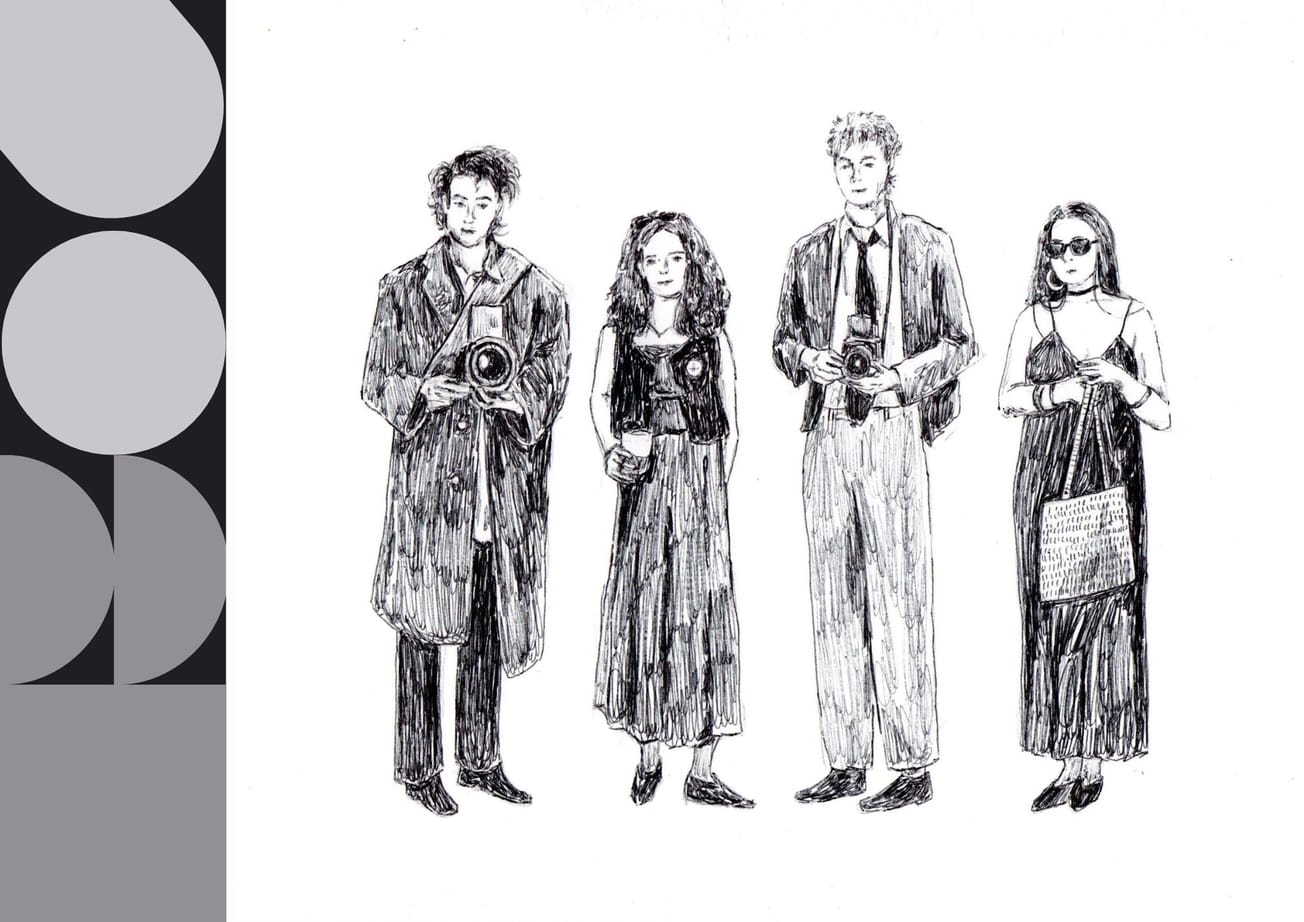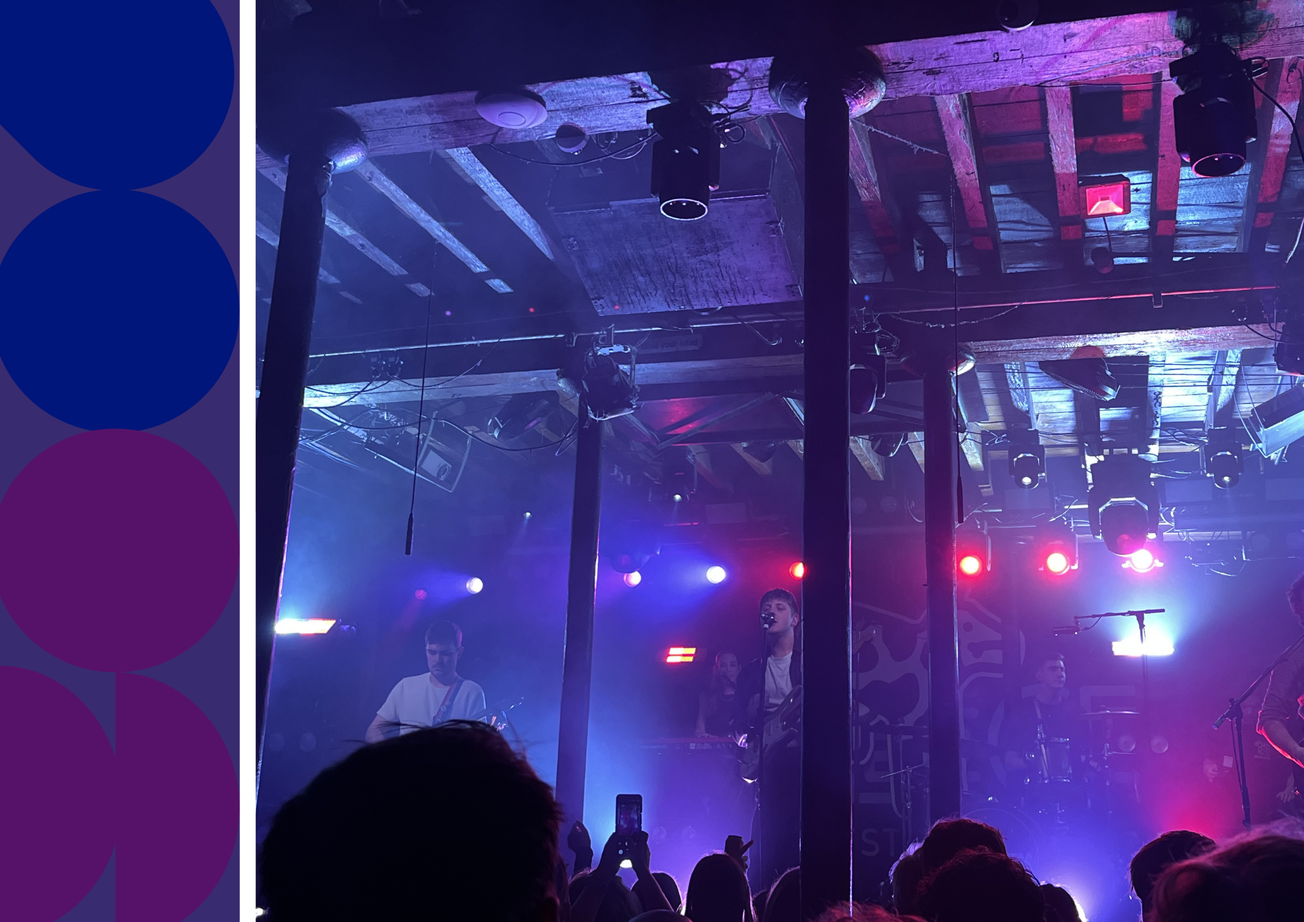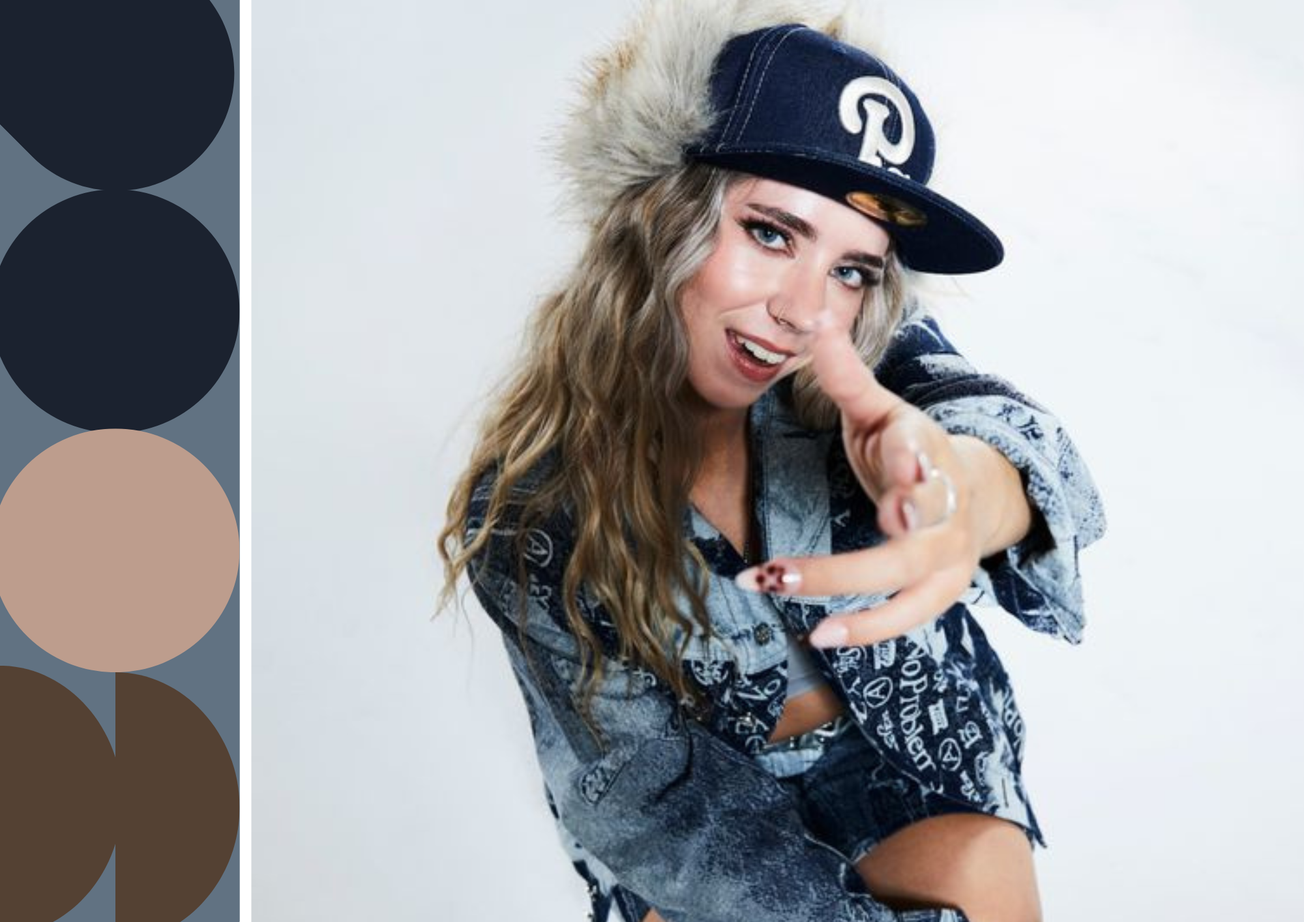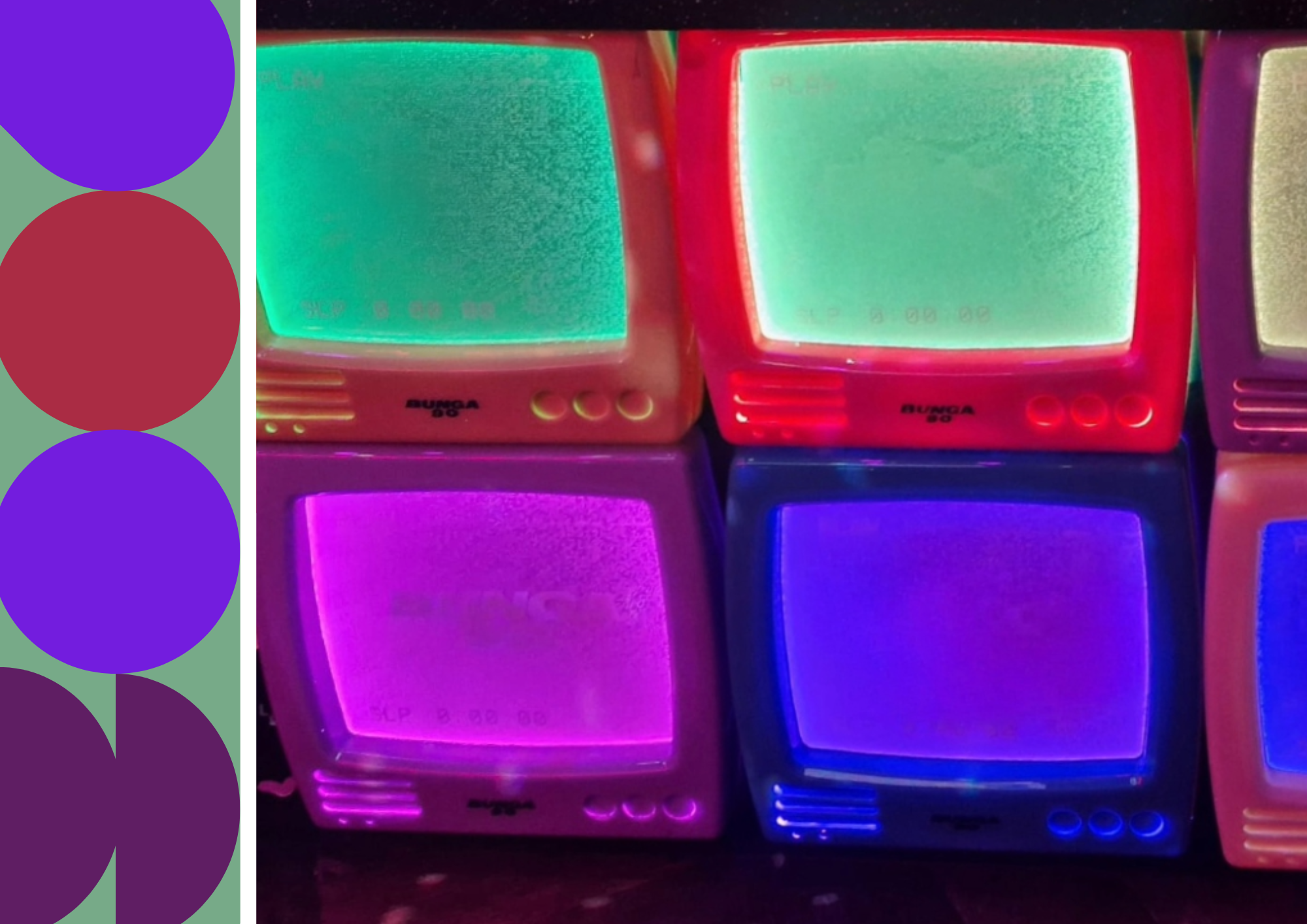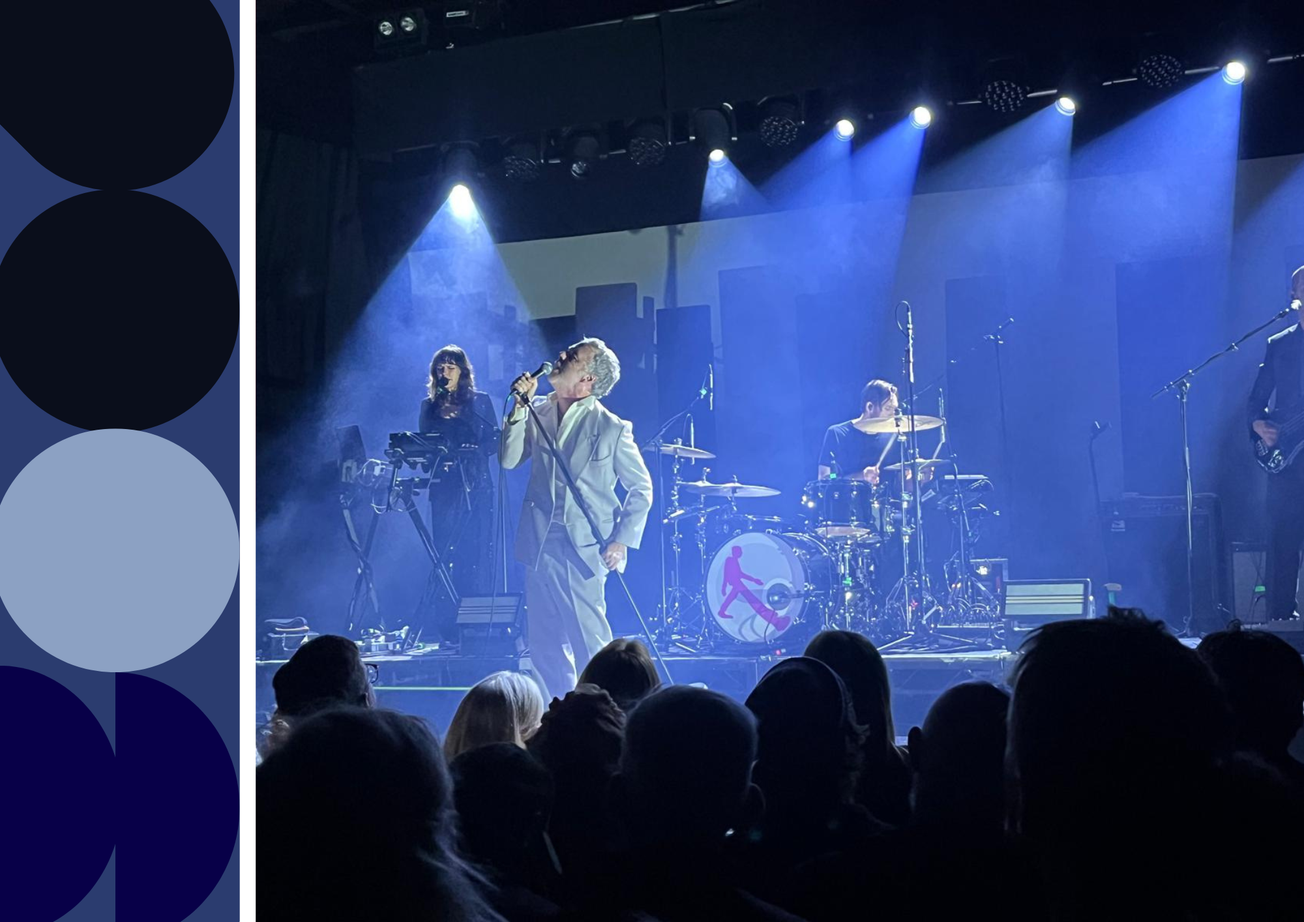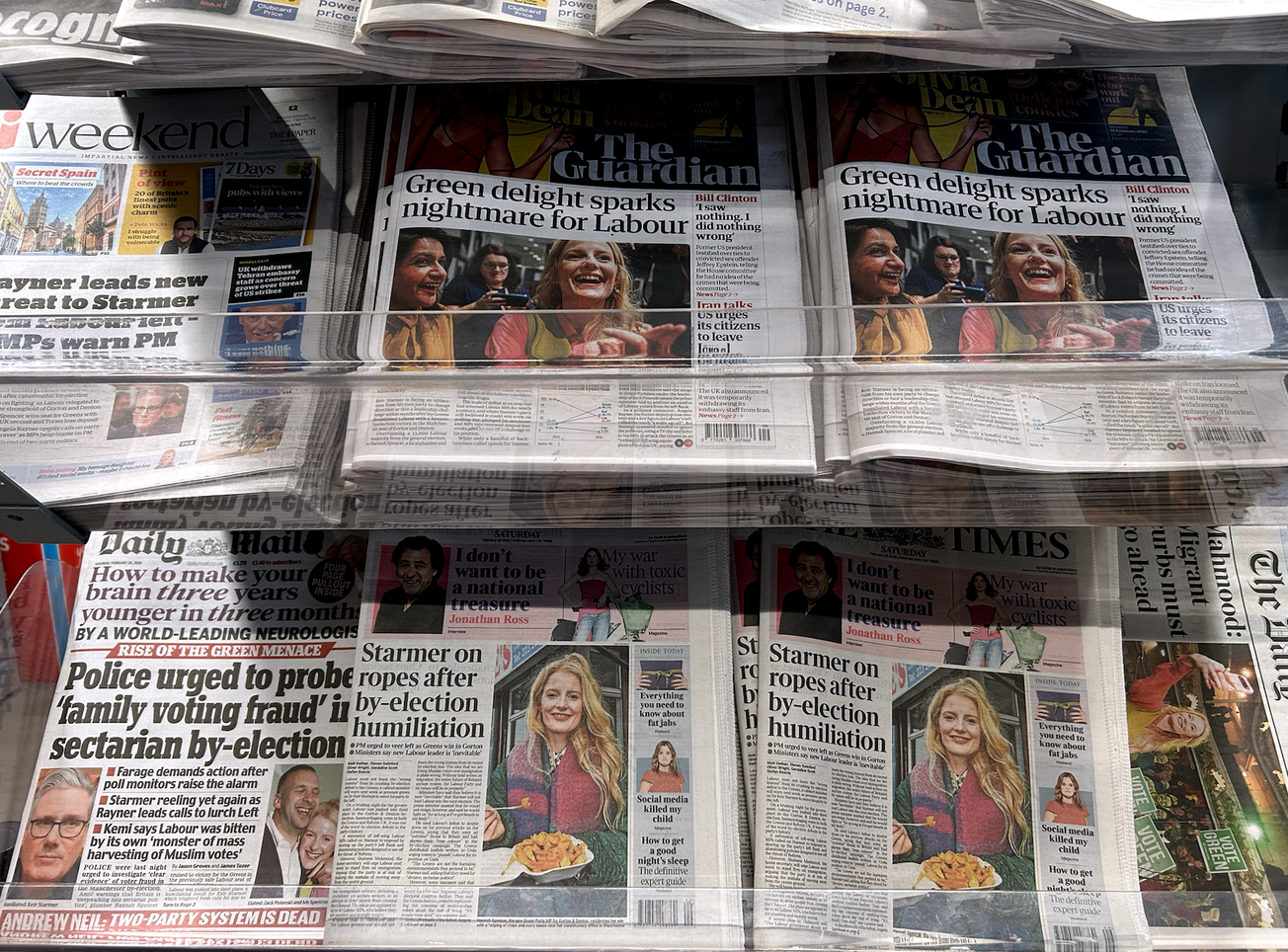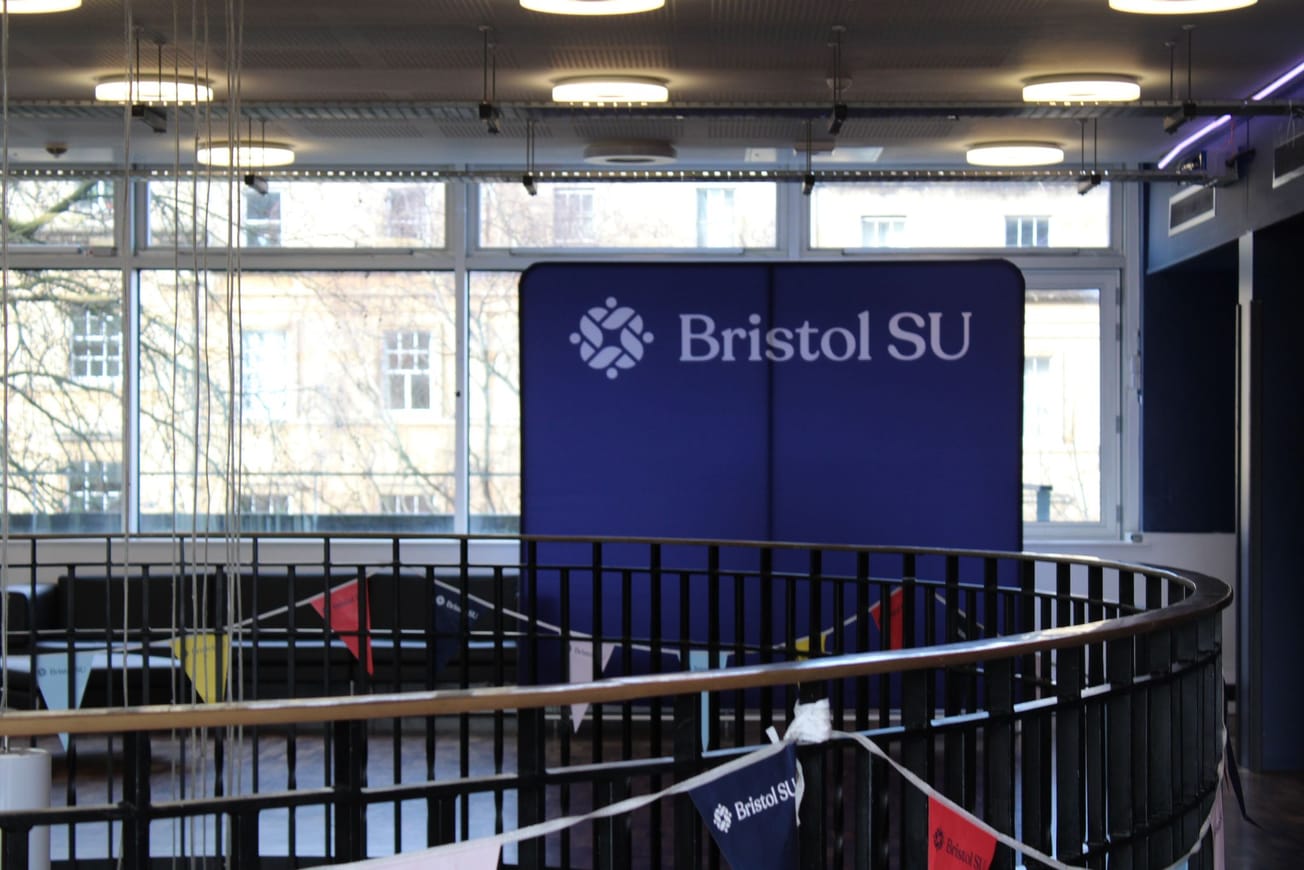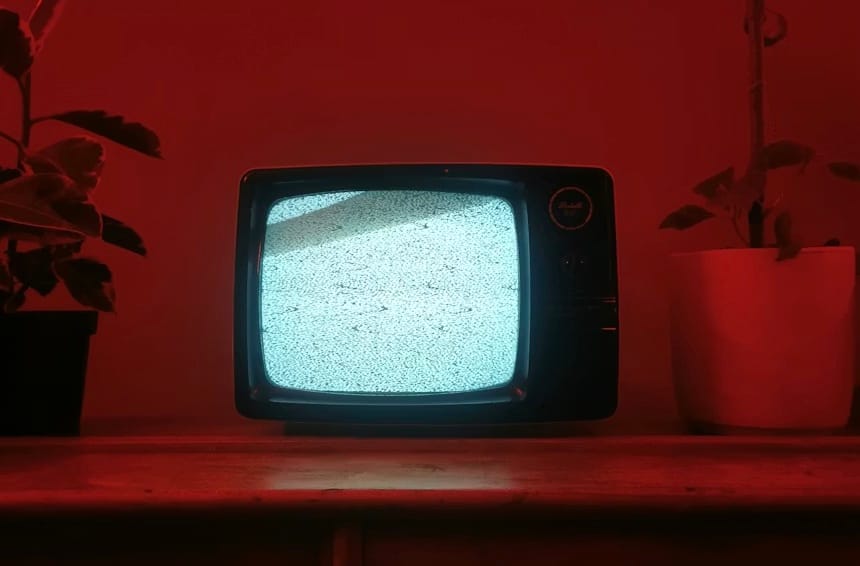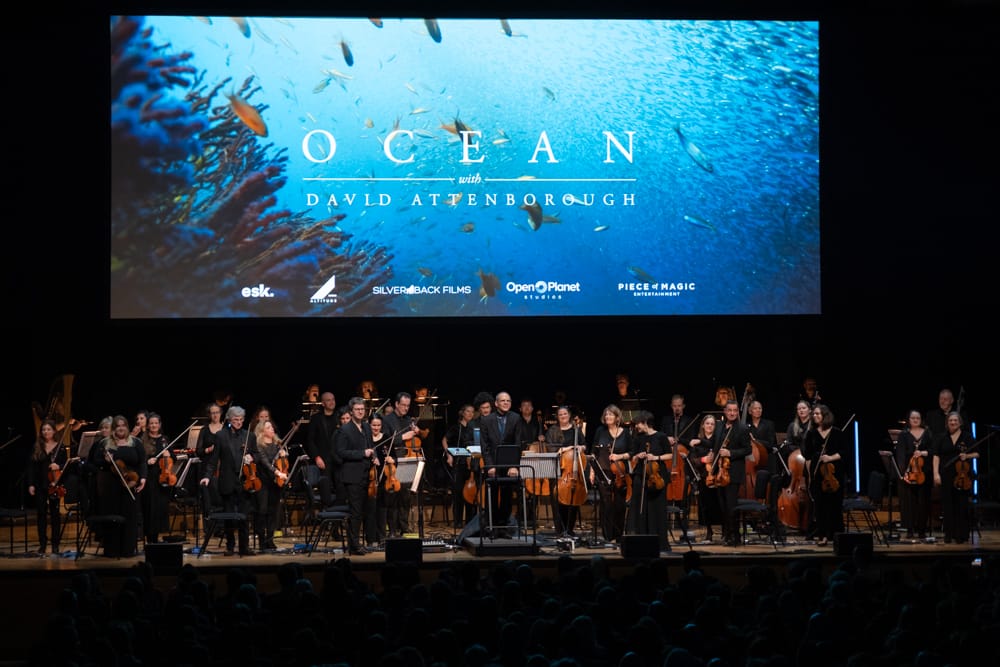By Benji Chapman, Music Editor
Negativland was founded to find out more about what unites the new bands coming out of the UK and Ireland beyond simply the catch-all term of 'post-punk'. Beginning in Paris and Sweden over Summer 2023, the magazine’s eighteen-month creation process ended with a triumphant launch party of the publication's first issue in September 2024. Epigram spoke to three of its co-founders to discover how the first edition went from first draft to print.
Beginning her writing career aged fifteen, Negativland's Editor-in-Chief, and recent graduate of the University of Bristol, Kate Jeffrie has written extensively for several local publications such as the Bristol Gig Guide and Epigram.
Alongside Creative Director and Third Year physics student Kirkland Childs, they both decided that the only way to start covering the gigs they really wanted to was to start their own publication.
With the addition of local graduates Grace Warry and Isaac Stubbings, the four formed a collective that sought to marry their abilities in photography and writing.
United by a desire to escape creative limitations, the group examined their favourite post-punk bands and decided to try and find out a more specific categorisation for what united them beyond the catch-all label.

With the freedom to contact artists at their own behest, Negativland’s team were incensed by the prospect of carrying out bucket-list interviews in a publication of their own.
Isaac, previously an in-house photographer at The Fleece, stated in conversation with Epigram that 'it [Negativland] gives us access to people and shoots we wouldn't have had access to'.
'For the Getdown Services shoot we got to Bristol Boxing Gym at 7:30, and I had finished work at 18:30 the night before', detailed Isaac. ‘We borrowed a friend's boxing gloves for it and left them in the gym by accident.'
This process was one of the first of many epiphanic moments for the members, who realised that they - somewhat dangerously - now had complete creative control over the project.
This inventiveness spurred the team to take increased risks creatively and strategically. Kirkland described how after driving Isaac and Kate to Haldern, for example, he underwent the ten-hour drive from Haldern Pop Festival alone as the only member of the team who could drive.
Despite hardships though, the trip was worth it. Success when covering acts there inspired the team to continue and interview some of the artists that will make up Issue Two's pages; following the likes of Yard Act, Amyl and The Sniffers, and Gilla Band who graced the preceding issue.
Whilst they found their footing abroad, Isaac recognised how launching the magazine in Bristol made its creation significantly easier thanks to its collaborative spirit: 'Me and Kirkland are from Brighton, but there's something really different about Bristol. There's a much larger range of creatives.'
Kirkland added in unison that 'Everyone is very willing to lend a hand'. Local organisations such as Plaster Creative Communications, among a host of local photographers, were central to the development of the magazine from its conceptualisation to distribution.
'With a lot of magazines, there's a lot of overstretching', commented Kirkland. Focussing exclusively on a physically printed edition for Issue One allowed members of Negativland to prioritise quality over quantity, with the result consequently feeling more meaningful and lasting.
He added, 'I know that I'll always have my copy of the mag, and people will keep theirs: all the photos I've ever taken are kept in one massive ring binder'.
This strong sense of physicality lends itself to the visual qualities of the magazine, as Kirkland and Isaac described how the first copy was heavily inspired by the photo books they produced during their photography careers. More than this, however, the magazine was thematically guided by an investigation into British music.
'The idea isn't for it to be a post-punk magazine', Kate stated. 'I'm not sure we've quite got down to the root of what brings these bands together, but there is something there. There are a lot of people who you didn't think would be interested in these bands, but they are'.
A broader fascination with the guiding threads of Irish and British music has led the magazine to try and better clarify the term 'post-punk'. As older post-punk bands such as The Fall and contemporary groups like Gilla Band seem to be sweepingly placed into the same genre, the suggestion that post-punk is potentially becoming somewhat nebulous is certainly a topical one.
This sense of cultural excess falls against the backdrop of Kate's statement in support of 'Gen-Zers who have grown up on a constant diet of media, from every angle'.
With music, entertainment, and reading material becoming incessantly expanded, the team shared how the physical aspects of the magazine gave it an intimate and immediate feeling that is becoming increasingly inaccessible in an overwhelming digital era.
If the success of Negativland suggests anything however, it's that there is still an appetite for socially conscious and meaningful print media. The project required diligence and sacrifice that stuck to this goal, and eventually paid off, thanks to the team’s commitment even with busy university schedules.
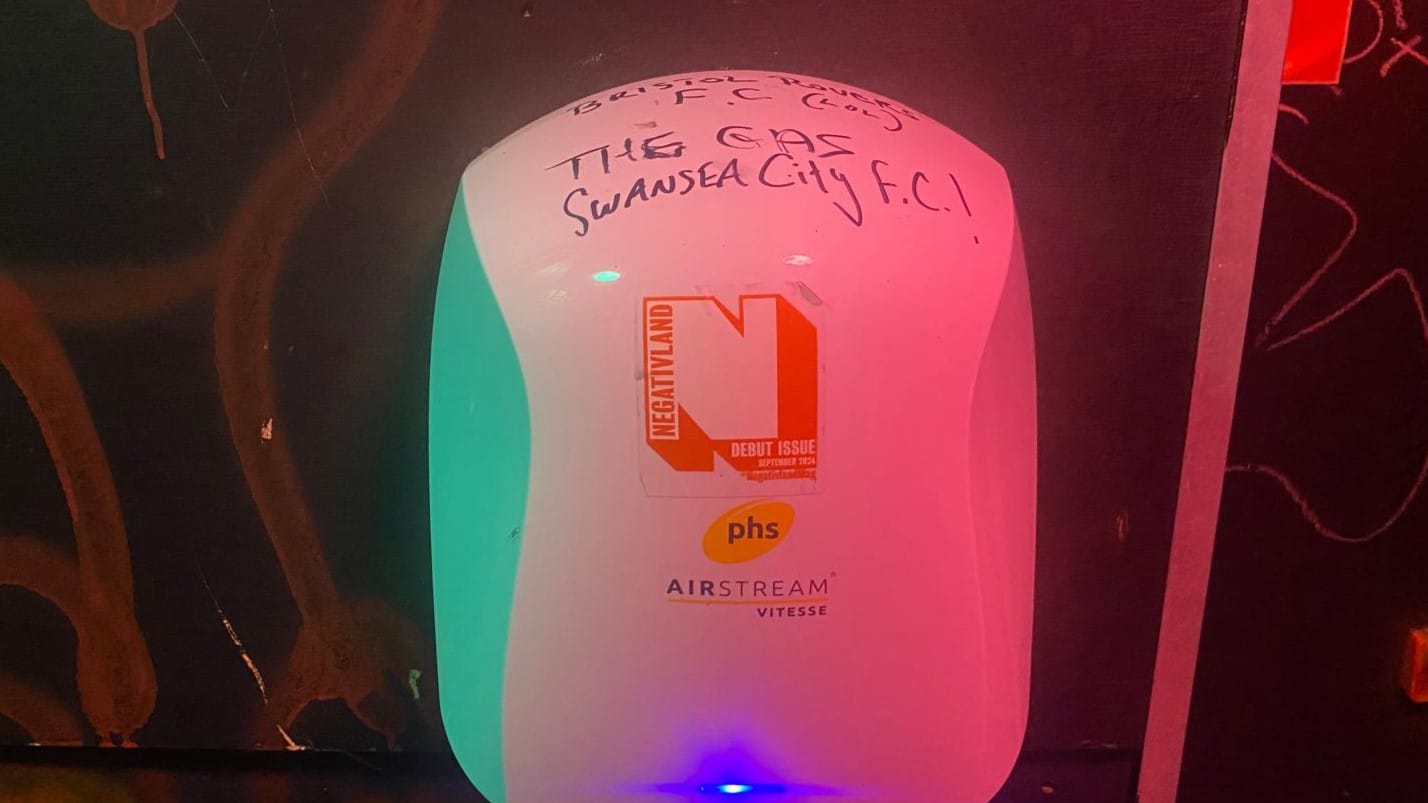
Sharing his highlights from creating the magazine, Kirkland discussed how his Physics tutor bought a copy of the magazine, despite initially warning him from spending too much time devoted to the magazine.
The group had to learn to balance university commitments and writing during issue one's creation, but ultimately their efforts paid off and even ended up exceeding expectations.
'By the end of my third year, I was mainly doing this,' said Kate, who concluded by saying, 'Don't ask, don’t get. Try your luck. The artists we interviewed, we didn't expect to.'
Featured Image: Mia Bruer (@airsbreath on Instagram)Who do you want to see featured in Issue Two of Negativland?

